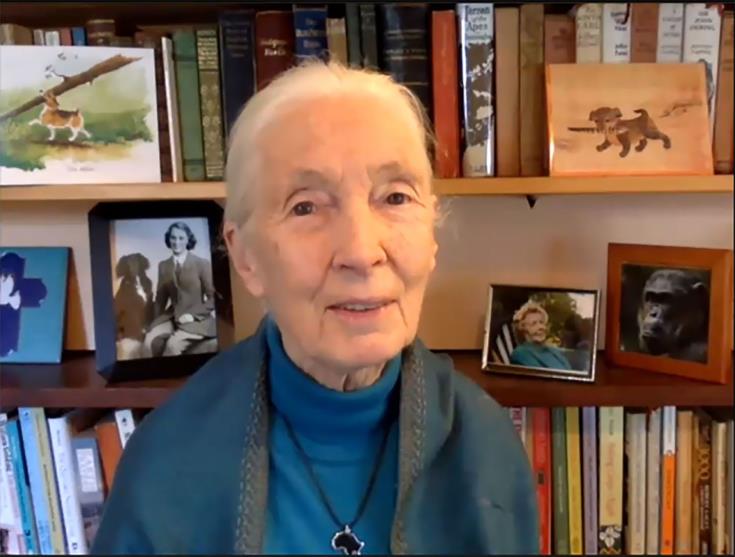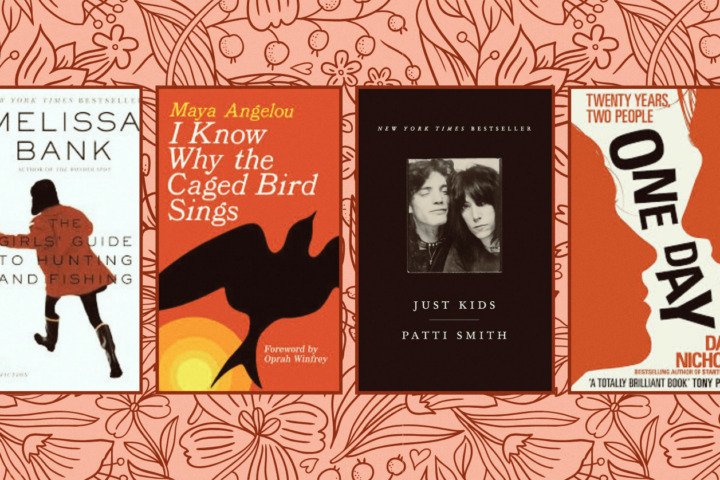Humans are responsible for the COVID-19 pandemic due to their disregard for nature, said world-famous English primatologist Jane Goodall.
The respected primatologist and anthropologist, best known for her 60-year study of chimpanzees made the comments during a webinar on “Pandemics, wildlife and intensive animal farming”.
“Covid-19 and the climate crisis are together delivering a clear message that the health and wellbeing of people, animals and the environment are interdependent.”
Goodall said all animals matter, every animal is an individual just as every human being is an individual, deserving of our compassion, respect and care.
“They have personalities, minds and feelings and they feel pain. However, destroying nature and exploiting animals in intensive “factory” farms shows complete disregard towards life.
This has consequences for us all, as we have clearly seen in the Covid-19 pandemic.”
“We are responsible for this; we need to treat animals better.
We have come to a turning point in our relationship with the natural world.
One of the lessons learnt from this crisis is that we must change our ways.
Scientists warn that to avoid future crises, we must drastically change our diets and move to plant-rich foods.
For the sake of the animals, the planet and the health of our children, let us move forward into a wise, sustainable and compassionate future.”
Goodall argued that humanity will be “finished” if we fail to drastically change our food systems in response to the coronavirus pandemic and the climate crisis.
The prominent naturalist blamed the emergence of COVID-19 on the over-exploitation of nature, which has seen forests cut down, species made extinct and natural habitats destroyed.
Goodall warned people must move away from factory farming and stop destroying natural habitats as a matter of urgency, because of the threat of diseases and of climate breakdown.
“If we do not do things differently, we are finished…We can’t go on very much longer like this.”
She argued that people with no alternatives, who are desperate to feed their families, will cut down forests to survive, and in urban areas will choose the cheapest food whatever the harm caused.
War and violence also fueled the destruction of nature, she warned, and so did our overweening consumerism and urge for “stuff that we accumulate”, as well as our diets.
Factory farming
Stella Kyriakides, EU Commissioner for Health and Food Safety, said that highly intensive farming systems have created an abundance of food but in Europe, at least, there is also significant waste and at times also animal suffering.
“These phenomena deeply worry me. The parts that don’t work are ethically questionable and socially and environmentally unacceptable.
Our citizens expect more and we will deliver a better balance to ensure that farming practices are sustainable and food is affordable.
Animal welfare is among my priorities.”
Philip Lymbery, Global CEO of Compassion in World Farming said that coronavirus has served as a pertinent reminder that, for the wellbeing of people tomorrow, urgent action is needed today to end factory farming.
“Without ending the viral ‘hothouse’ that is keeping large numbers of animals caged, cramped and confined in conditions that allow viruses to mutate, the next pandemic could be just around the corner.
In the war against invisible enemies, never has there been a more potent reminder of why protecting people means protecting animals too.” (source CNA)










